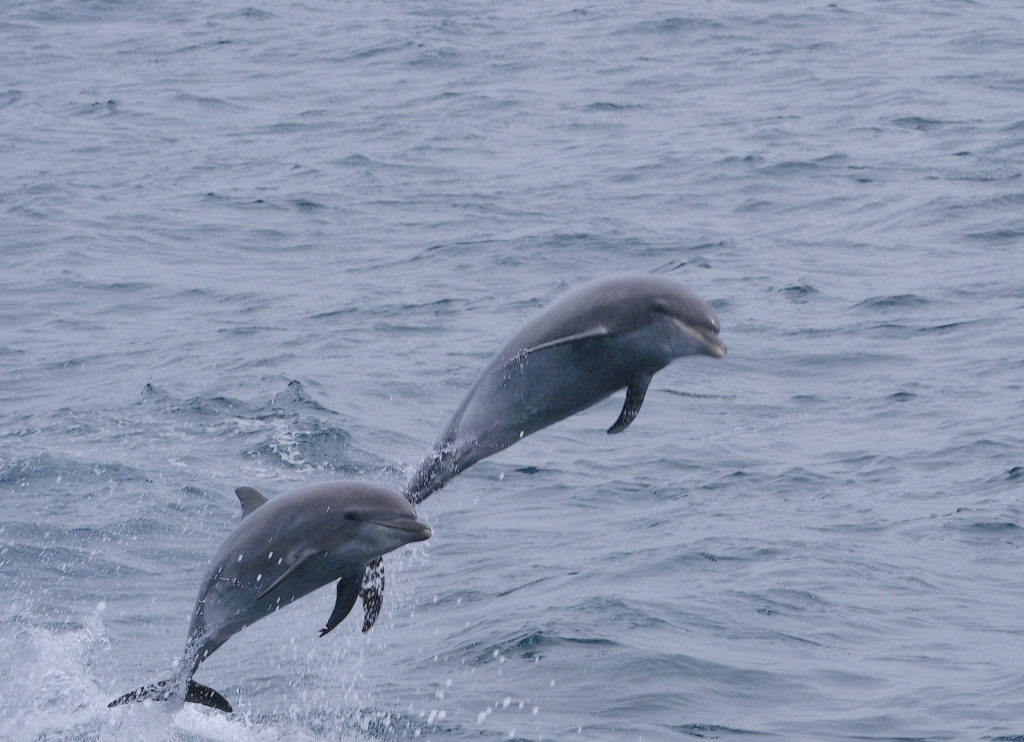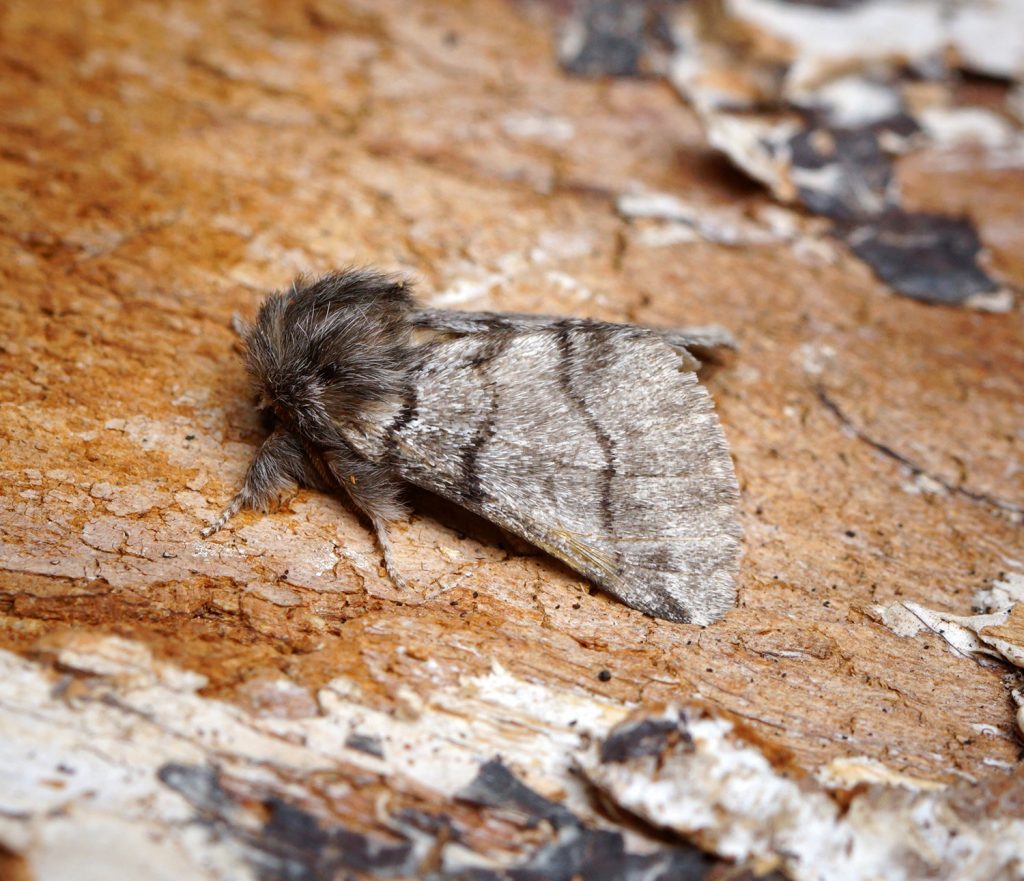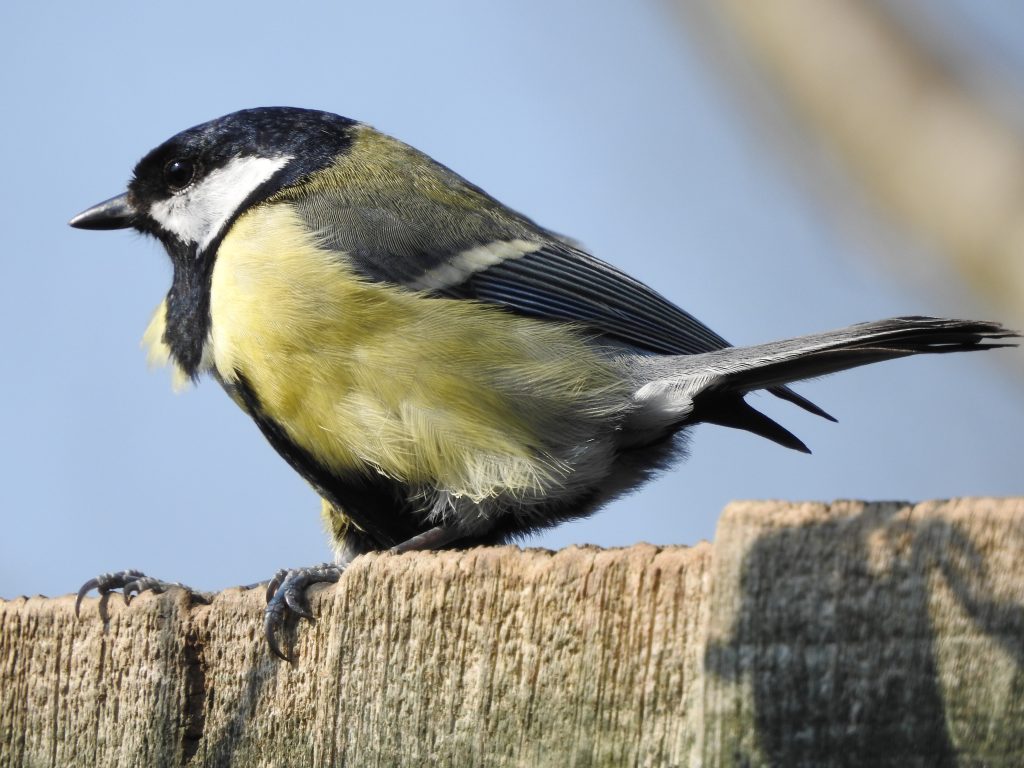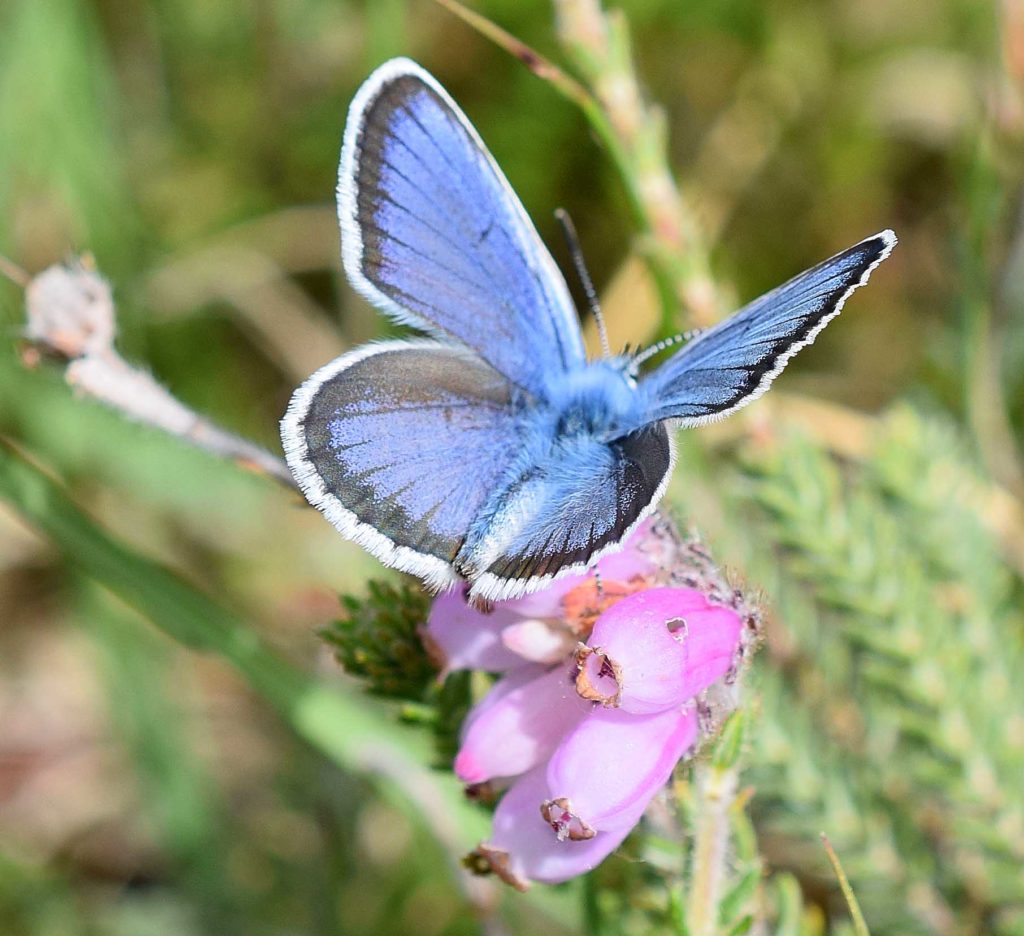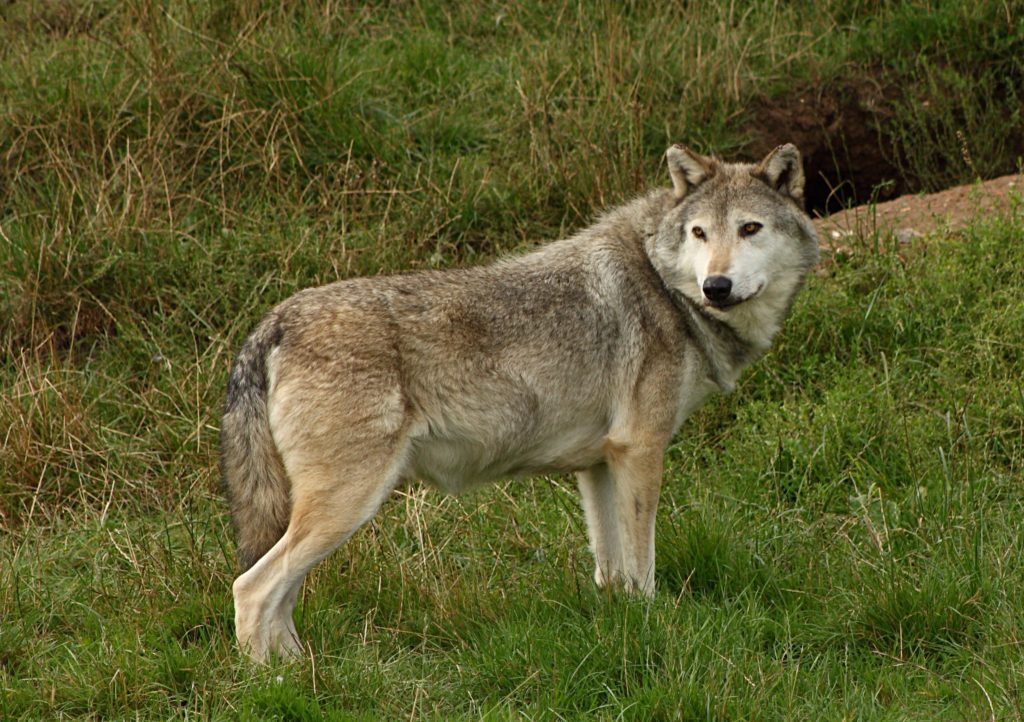WiredGov reports the Environment Agency recently (15 October 2021) welcomed a new chalk stream strategy to protect ‘England’s rainforests’
The Catchment Based Approach’s Chalk Stream Restoration Group brings together organisations with an interest in chalk stream management, recognising that protection of chalk streams requires everyone to play their part.

